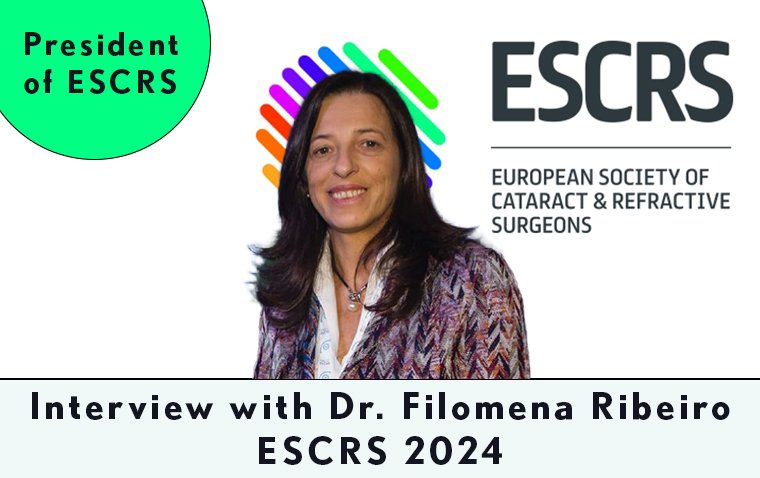
Scientists Use CRISPR to Treat Retinitis Pigmentosa in Mice
Researchers funded by the National Eye Institute (NEI) have made significant strides in the treatment of retinitis pigmentosa (RP), a genetic disorder that causes progressive vision loss. Using a CRISPR-Cas9-based tool called base editing, the team corrected a specific mutation in mice, offering hope for treating inherited retinal diseases. The study, led by Krzysztof Palczewski, PhD, of the University of California, Irvine, was published in the Proceedings of the National Academy of Sciences on November 18, 2024.
Targeting the Rhodopsin-150K Mutation
The researchers focused on the rhodopsin-150K mutation, which disrupts the rhodopsin protein essential for vision and leads to the deterioration of rod photoreceptors. This structural and functional failure contributes to the progressive loss of retinal function in RP.
Using base editing, the team successfully corrected up to 44% of the rhodopsin gene product in treated mice. This genetic correction restored rhodopsin production, a critical step in combating RP.
Treatment Outcomes
Early Intervention Shows Promising Results
• Electroretinography tests revealed modest improvements in retinal function in mice treated within 15 days of birth.
• Early treatment prevented significant retinal degeneration, preserving the retina's outer nuclear layer, which houses the nuclei of rod and cone photoreceptors.
Limited Improvement in Late-Stage Treatment
• Mice treated later in life, after substantial retinal degeneration, showed limited functional recovery. This highlights the importance of early intervention for optimal outcomes.
Importance of Preserving the Outer Nuclear Layer
The gene-editing treatment not only restored rhodopsin production but also:
• Prevented loss of the retina's outer nuclear layer, which is essential for supporting cone photoreceptors responsible for color vision and daytime sight.
• Maintained the overall structural integrity of the retina, critical for long-term visual function.
Future Implications and Clinical Potential
“This approach shows promise for treating inherited retinal diseases caused by rhodopsin mutations, which currently have no available treatments,” stated Dr. Palczewski.
The study also suggests that optimizing the dosing regimen and surgical technique could further enhance treatment outcomes. Correcting even a portion of the affected rod photoreceptors may:
• Halt retinal degeneration.
• Improve vision in patients with RP.
This groundbreaking research involved collaboration between Dr. David R. Liu of the Broad Institute of MIT and Harvard and Dr. Palczewski’s team at UC Irvine.
Conclusion
The success of this gene-editing approach in mice marks a significant step toward clinical applications for treating retinitis pigmentosa and other inherited retinal disorders. While further optimization is needed, the study offers hope for a future where gene editing can halt or reverse vision loss caused by genetic mutations.
Resource:
(1).jpg)










